
The #1 Seed That Makes Bones & Muscles Strong — And How to Use It!
The #1 Seed That Makes Bones & Muscles Strong — And How to Use It!
Are you looking for a simple, affordable way to strengthen your bones, build lean muscle, and improve mobility—without expensive supplements? You might be surprised to learn that the answer could already be sitting in your kitchen cabinet. Seeds, those tiny nutritional powerhouses, are packed with essential vitamins, minerals, and healthy fats that can transform your bone and muscle health from the inside out.
But here’s the catch: not all seeds are created equal. Some popular ones may do more harm than good if eaten incorrectly. Today, we’ll uncover nine of the most powerful seeds for bones and muscles, reveal the #1 seed that outshines them all, and show you the best ways to prepare them for maximum absorption.
To illustrate their impact, imagine this: a 61-year-old man plagued by painful nighttime calf cramps caused by low magnesium. Instead of resorting to pills, he added a simple handful of pumpkin seeds to his daily diet—and within days, his cramps eased, his sleep improved, and his energy returned. Let’s explore why.
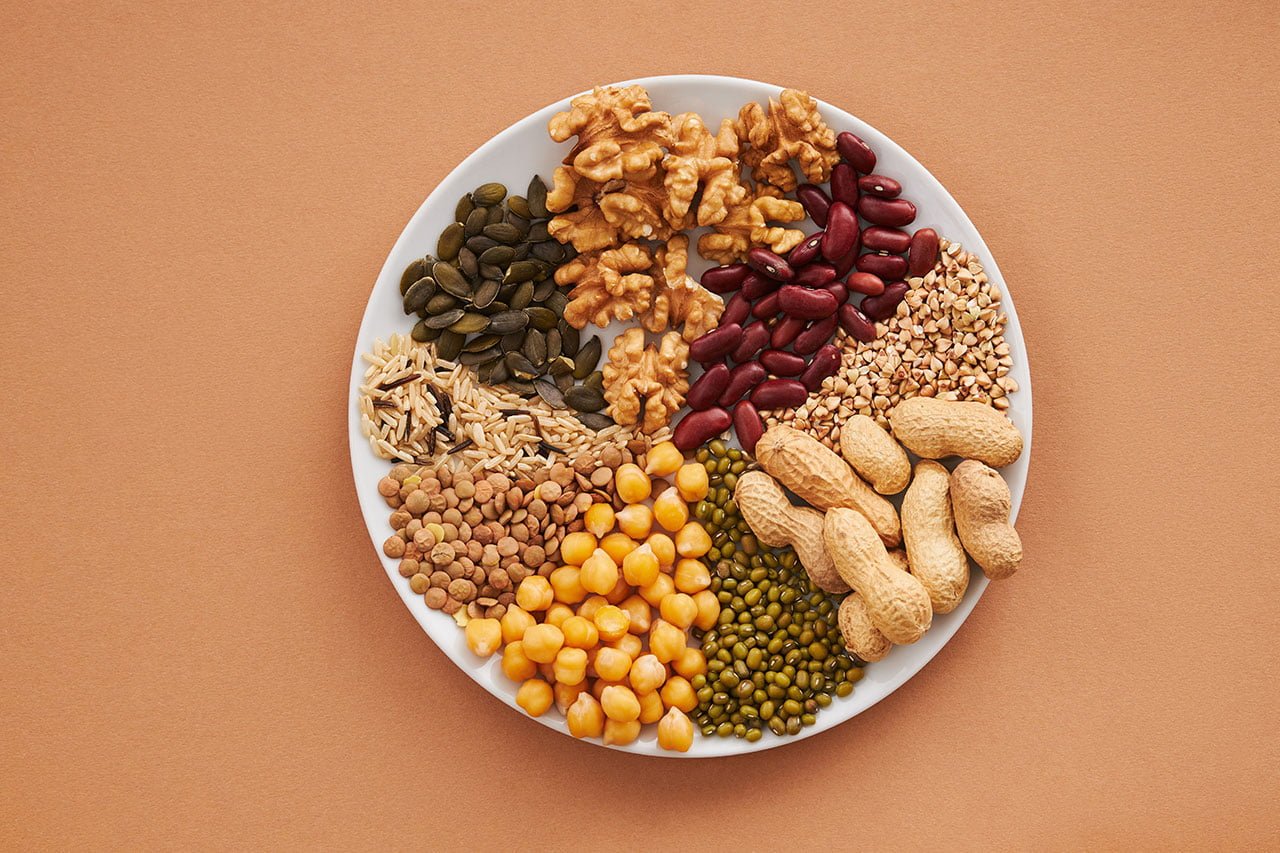
🌰 9. Pumpkin Seeds — The Magnesium Powerhouse
Pumpkin seeds, or pepitas, are among the richest natural sources of magnesium, a mineral essential for proper muscle contraction and relaxation. When magnesium levels drop, muscles can seize up, causing painful cramps and stiffness.
Just half a cup of pumpkin seeds provides nearly half of your daily magnesium needs, but their benefits go far beyond preventing cramps. Magnesium also works synergistically with calcium to maintain bone density and strength. While many people over-supplement calcium, it’s magnesium that ensures calcium is properly absorbed and directed to the bones—not deposited in arteries or soft tissue.
Pumpkin seeds also provide zinc, which plays a vital role in muscle recovery and tissue repair after exercise. Their healthy fats act as natural lubricants for joints, helping to reduce inflammation, stiffness, and friction.
👉 How to Use: Eat pumpkin seeds raw or lightly toasted at home to preserve their delicate oils. Avoid commercial salted versions, which often contain added sodium and processed oils. Sprinkle them on oatmeal, yogurt, or salads for a nutrient-dense crunch.
Key Takeaways:
-
Excellent source of magnesium to prevent cramps and support muscle function.
-
Contain calcium and magnesium in an ideal balance for bone strength.
-
Zinc aids muscle recovery and tissue repair.
-
Healthy fats lubricate joints and reduce inflammation.
-
Best consumed raw or gently toasted, unsalted.
🌻 8. Sunflower Seeds — The Vitamin E Protector
Sunflower seeds are more than a tasty snack—they’re one of the best natural sources of vitamin E, surpassing even almonds. This antioxidant powerhouse shields muscle cells from oxidative stress and free radicals generated during exercise or daily activity.
Half a cup provides nearly 200% of your daily vitamin E needs, supporting faster recovery, less soreness, and improved endurance. Sunflower seeds also contain phosphorus, a key mineral that pairs with calcium to strengthen bones, and selenium, which aids in tissue regeneration and joint inflammation reduction.
👉 How to Use: Eat raw or home-toasted sunflower seeds without added salt or oil. Toast lightly over low heat until golden. Pair with vitamin C–rich foods like citrus or bell peppers to enhance iron absorption.
Key Takeaways:
-
Rich in vitamin E for cell protection and muscle recovery.
-
Provide phosphorus for stronger bones and selenium for joint repair.
-
Combine with vitamin C foods to boost nutrient absorption.
-
Consume raw or lightly toasted, unsalted.
⚠️ Seeds to Avoid — Nature Isn’t Always Harmless
While seeds are generally healthy, some contain toxic compounds that can harm your body. For instance:
-
Apple, pear, apricot, and cherry seeds contain amygdalin, which can convert to cyanide when crushed or chewed.
-
Avocado pits contain persin, a toxin that can be unsafe for humans.
-
Papaya seeds, while used in traditional medicine, may cause kidney strain and reduced fertility when consumed in excess.
Remember: not everything natural is safe. Stick to scientifically validated seeds with a proven record of safety and nutrition.
⚪ 7. Sesame Seeds — The Calcium Champion
Tiny but mighty, sesame seeds contain more calcium per gram than milk, making them an excellent dairy alternative for bone health. Ancient civilizations, including the Egyptians and Greeks, valued them as an energy and strength booster for laborers and soldiers.
Just one tablespoon of sesame seeds offers around 88 mg of calcium, along with magnesium and phosphorus—three minerals that form the foundation of strong bones and teeth.
Sesame seeds also contain lignans, unique plant compounds that protect joint cartilage from wear and inflammation. However, these nutrients are locked inside their hard shells, so the seeds must be ground or consumed as tahini (sesame paste) for full absorption.
👉 How to Use: Grind fresh sesame seeds or add tahini to smoothies, dressings, or toast. For better calcium absorption, pair with vitamin D–rich foods like oily fish or enjoy them after moderate sun exposure.
Key Takeaways:
-
Excellent plant source of calcium, magnesium, and phosphorus.
-
Lignans help protect cartilage and support joint health.
-
Must be ground or used as tahini for full nutrient release.
-
Pair with vitamin D for maximum calcium uptake.
-
Black sesame seeds contain even more minerals and antioxidants.
🌿 6. Flaxseeds — Anti-Inflammatory and Bone-Boosting
Flaxseeds are one of the richest plant sources of alpha-linolenic acid (ALA), a type of omega-3 fatty acid that helps reduce inflammation, enhance flexibility, and accelerate post-workout recovery.
Their soluble fiber also supports gut health and detoxification by binding to inflammatory toxins and aiding digestion. Moreover, flaxseeds contain lignans, which act as natural phytoestrogens—beneficial for maintaining bone density in postmenopausal women.
👉 How to Use: Always eat ground flaxseeds, as whole ones pass through undigested. Grind them fresh or buy pre-ground, but store in the refrigerator to prevent oxidation. Add 1–2 tablespoons to smoothies, soups, or baked goods.
Key Takeaways:
-
Omega-3s reduce inflammation and support flexibility.
-
Fiber promotes detoxification and gut health.
-
Lignans help preserve bone density in women.
-
Must be consumed ground and stored properly.
🌱 5. The Power of Sprouting — Tripling Nutrient Absorption
Sprouting is a simple yet powerful technique that can triple the nutritional value of your seeds. When soaked and sprouted, enzymes activate, breaking down phytic acid, a compound that blocks mineral absorption. This makes nutrients like magnesium, zinc, and iron far more bioavailable.
Sprouting also enhances protein digestibility, boosts vitamin content, and creates a living food packed with vitality. Sprouted seeds are easier to digest and taste fresher and milder than their raw counterparts.
👉 How to Use: Soak seeds overnight, drain, and rinse twice daily. Within a few days, you’ll see tiny sprouts ready to eat. Add to salads, wraps, or smoothies.
Key Takeaways:
-
Sprouting unlocks minerals by removing phytic acid.
-
Increases protein and vitamin availability.
-
Improves digestion and taste.
-
Requires only seeds, water, and time.
🥇 The #1 Seed for Strong Bones and Muscles: Pumpkin Seeds
After exploring the top contenders, the clear winner for overall bone and muscle strength is the pumpkin seed. Its rare combination of magnesium, zinc, calcium, healthy fats, and plant protein makes it a complete, natural alternative to many supplements.
Regularly consuming pumpkin seeds can:
-
Ease muscle cramps and spasms.
-
Support bone density and prevent osteoporosis.
-
Reduce joint stiffness and inflammation.
-
Improve sleep quality through magnesium’s calming effects.
For optimal benefits, enjoy a small handful daily—about 1 to 2 ounces. Combine them with other seeds in a homemade “super seed mix” for a full spectrum of minerals and antioxidants.
🧠 Final Thoughts
Seeds may be small, but they pack immense power for your health. By incorporating them into your daily diet, you can naturally strengthen bones, protect muscles, and reduce inflammation without synthetic supplements.
Whether it’s magnesium-rich pumpkin seeds, calcium-dense sesame, or anti-inflammatory flaxseeds, each one offers unique support for your joints and muscles.
Start small—sprinkle them on your breakfast, blend them into smoothies, or make seed butters—and watch how your energy, strength, and mobility transform over time.
Your body will thank you, one seed at a time. 🌿
News in the same category


Powerful Health Benefits of Pineapple You Should Know

The Surprising Health Benefits of Sleeping in a Cold Room

High Blood Sugar Warning Signs
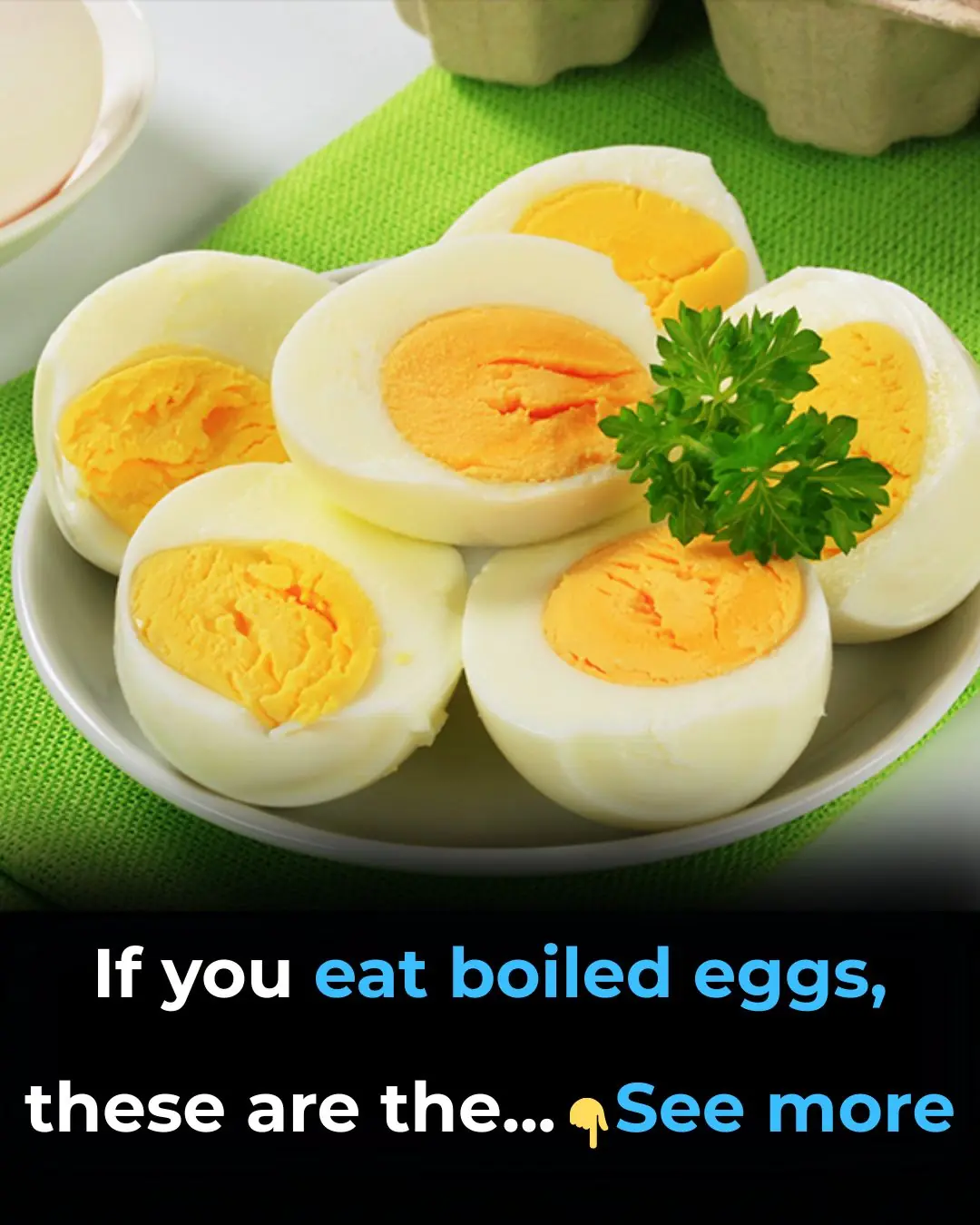
🥚 A Look at How Certain Boiled Egg Habits May Affect Your Heart Health

🌿 Clove Water Sitz Baths for Women: A Gentle Guide to Hygiene and Comfort

What Happens to Your Body When You Eat Canned Tuna Every Day

17 Warning Signs Your Liver Is Crying for Help

How to Support Your Kidneys Naturally Using 1 Teaspoon of Baking Soda

Fish oil cuts CV risk nearly in half for dialysis patients

The hidden heart danger doctors say is more common in people with diabetes
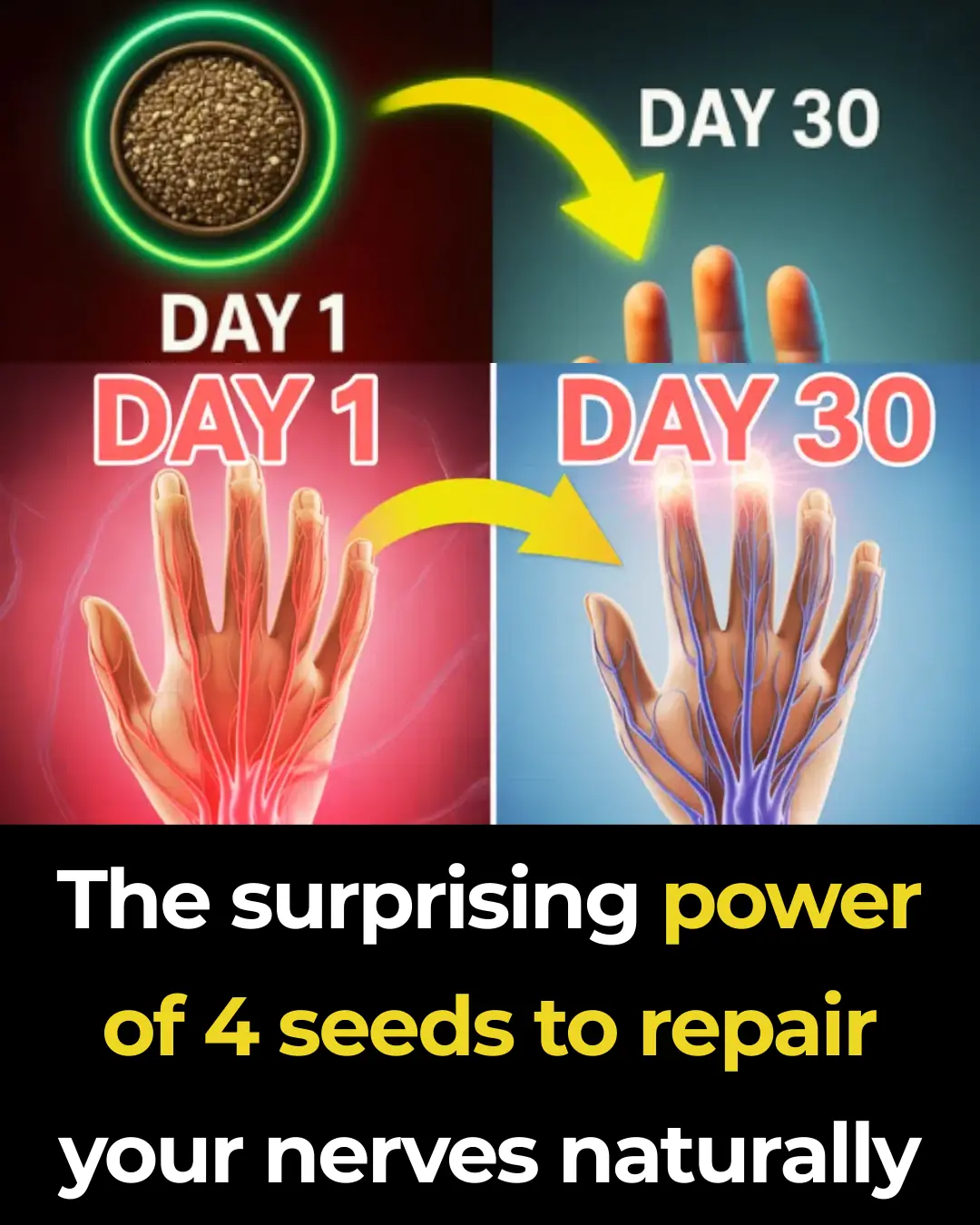
The surprising power of 4 seeds to repair your nerves naturally

Trial: mRNA Flu Vaccines More Effective Than Quad

3 Miracle Herbs to Instantly Lower Blood Pressure & Clear Arteries Naturally
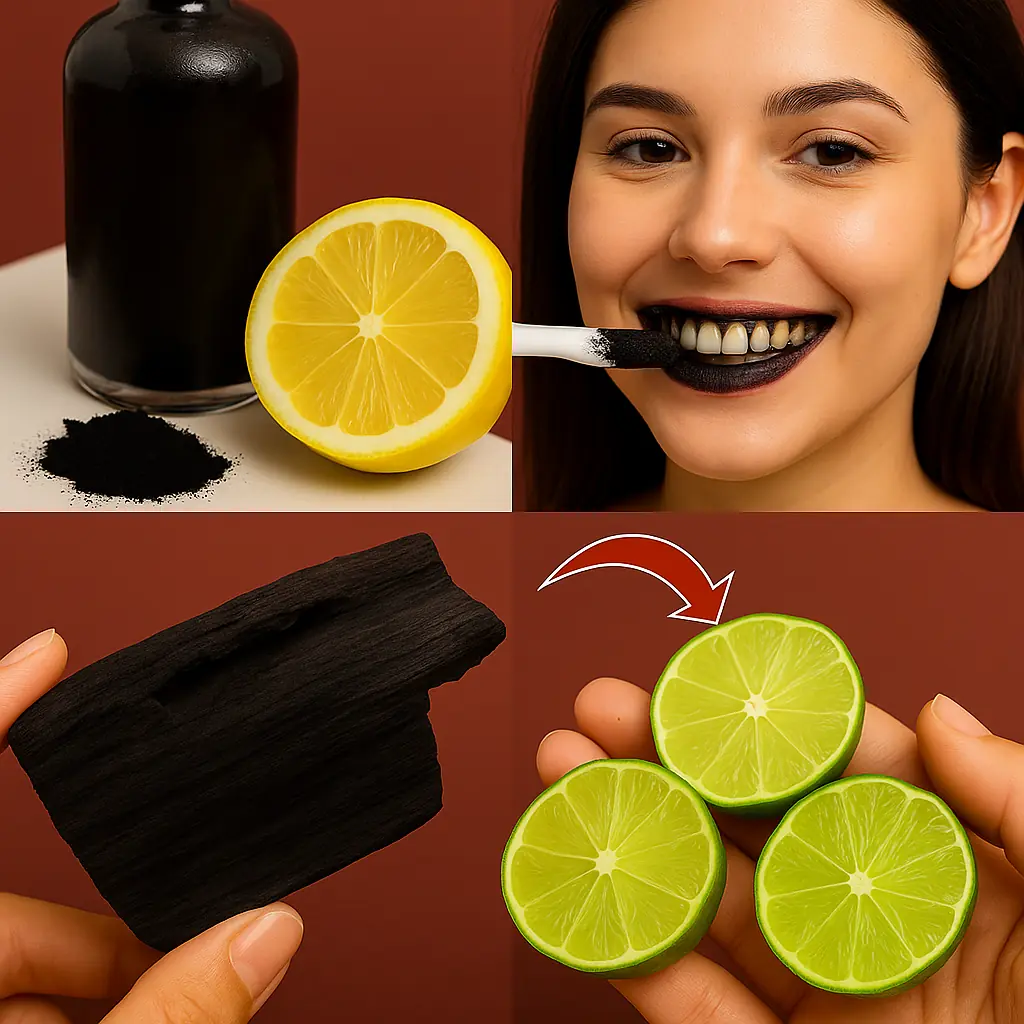
The Surprising Uses of Lemon and Charcoal: A Natural Mix That May Change Your Daily Routine
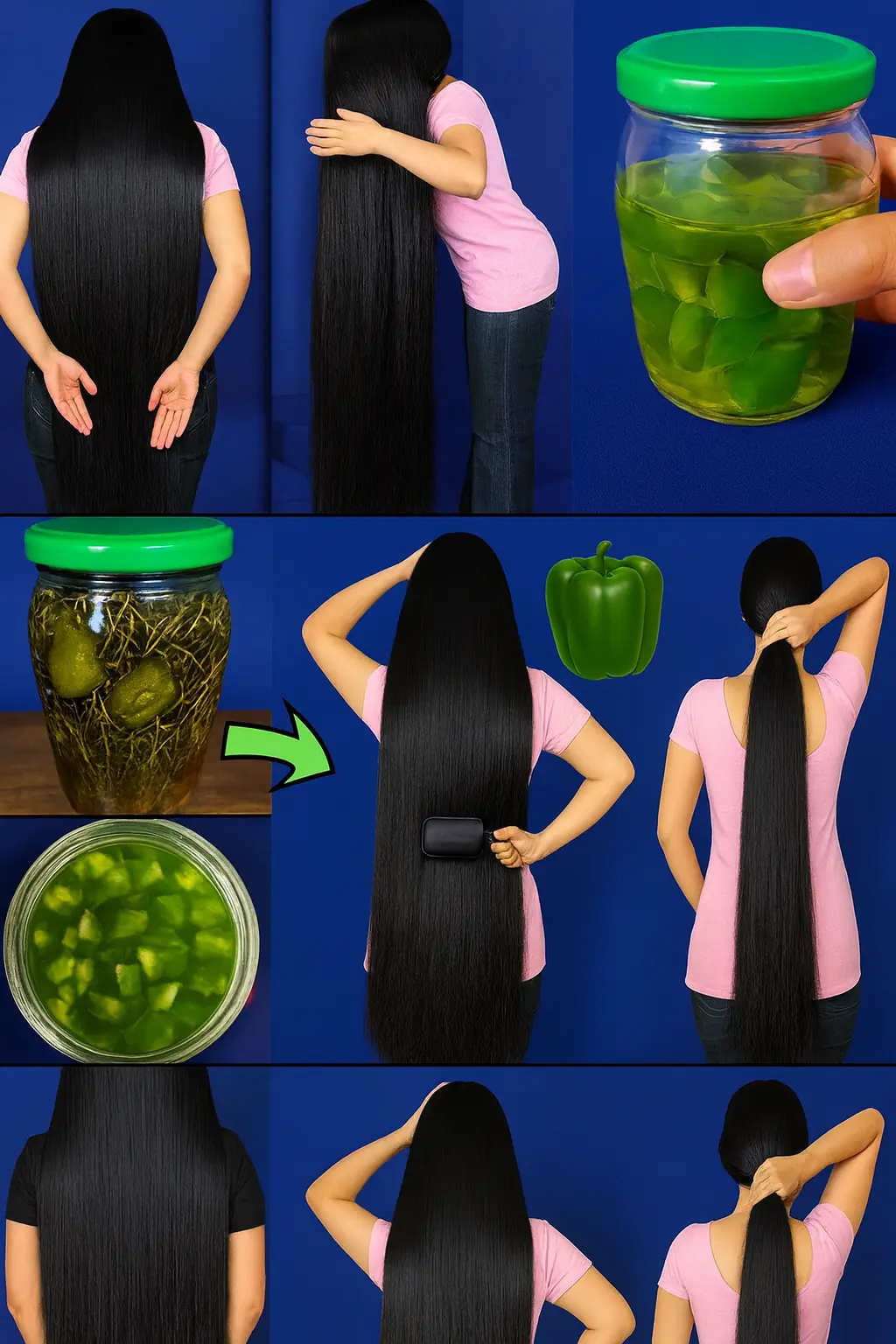
The Green Bell Pepper Hair Growth Secret You NEED to Know

Eating eggs every day can help you live longer

3 Miracle Herbs to Instantly Lower Blood Pressure & Clear Arteries Naturally

What is its effect. do you know?

Stop Ignoring These 8 Subtle Signs of Heart Trouble Before It’s Too Late
News Post

How the U.S. Escaped Hurricane Landfalls in 2025

Ancient Shark Fossils Unearthed in Mammoth Cave Rewrite 325 Million Years of Evolutionary History

Powerful Health Benefits of Pineapple You Should Know

How an Italian Police Lamborghini Huracán Helped Save Lives by Delivering Kidneys Across Italy
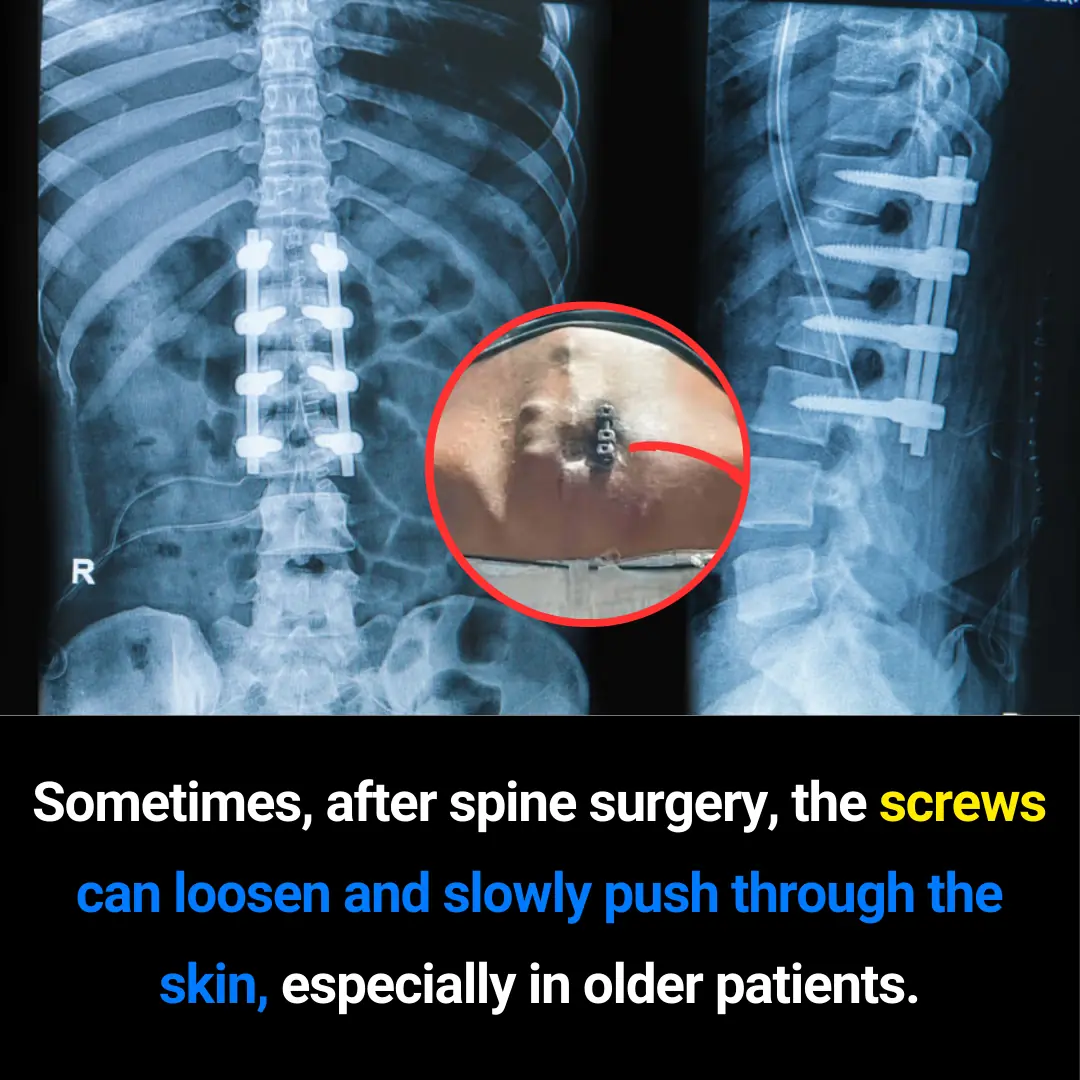
Can Spinal Screws Push Through the Skin? Understanding a Rare but Serious Post-Surgery Complication

Why the Tongue Is One of the Most Important Organs in the Human Body

What You Do First in This Scenario

The Surprising Health Benefits of Sleeping in a Cold Room

A 4-Minute, Zero-Effort Hack to Clean Grill Gunk – The Simple Trick My Nana Taught Me

High Blood Sugar Warning Signs

🥚 A Look at How Certain Boiled Egg Habits May Affect Your Heart Health

Small Steps, Big Impact: How 4,000 Steps a Day Can Transform Your Health

🌿 Clove Water Sitz Baths for Women: A Gentle Guide to Hygiene and Comfort

What Happens to Your Body When You Eat Canned Tuna Every Day

17 Warning Signs Your Liver Is Crying for Help

How to Support Your Kidneys Naturally Using 1 Teaspoon of Baking Soda

Fish oil cuts CV risk nearly in half for dialysis patients

The hidden heart danger doctors say is more common in people with diabetes

The surprising power of 4 seeds to repair your nerves naturally
